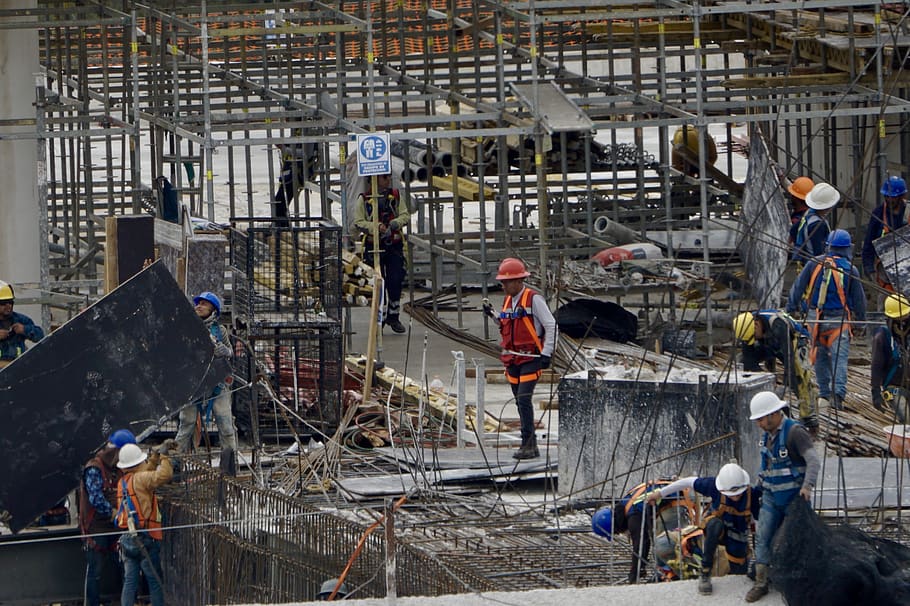The government wants businesses to hire more Britons and robots instead.
The UK government has announced its immigration policy post-Brexit. EU and non-EU citizens alike will have to earn 70 ‘points’ in order to get a British work visa. Points are awarded for having an existing job offer, speaking English, earning over £25,600, having high-level skills and qualifications and working in sectors that currently struggle to get enough workers. The Home Secretary Priti Patel said that a major benefit of reducing low-skilled migration is that it will force British businesses to recruit unemployed Brits instead.
Reducing unemployment in the UK would generally be seen as a good thing. Employed people tend to be richer and happier than their unemployed peers. They usually also provide government with more revenue (via income taxes) and require less welfare such as unemployment benefits. But lots of people are deeply skeptical that reducing low-skilled migration will decrease British unemployment. British businesses say that unemployed Brits don’t want to do the roles low-skilled migrants currently fill. Opposition politicians say that many of the unemployed are unable to work because of things like illness or disability.
If businesses can’t get the workers they need, they’ll have several options. The first is that they could reduce the amount of work they do. Of course, that would be bad news for their customers, some of whom are heavily reliant on having access to these services - one of the industries that is expected to see big shortages is care work.
On a large scale, less stuff being produced will also mean less economic growth and lower GDP, which politicians and economists tend to see as a bad thing. (Environmentalists and some new economists, on the other hand, think less stuff and production is something to aim for.) So another option for companies - one that is being pushed for by the government - is to invest in technology and robots which can do the jobs humans once did. That can sometimes be more expensive at first but has some major benefits - robots don’t go on holiday or catch colds, for example.
Read our explainer on: immigration.

